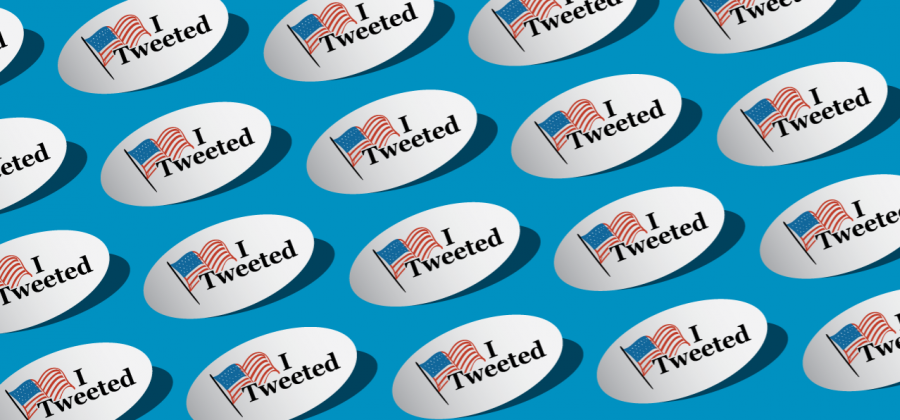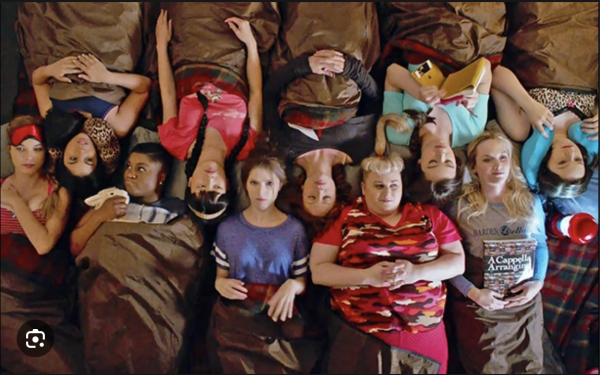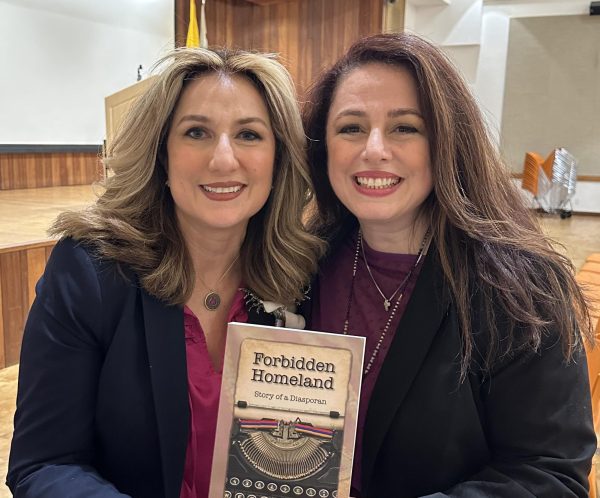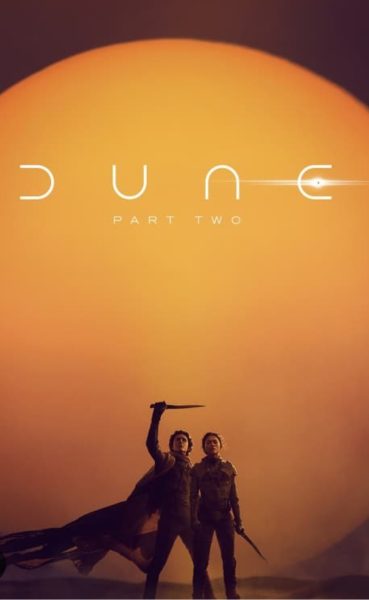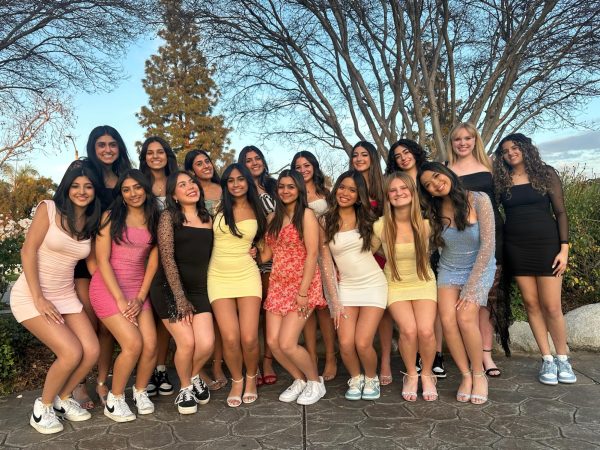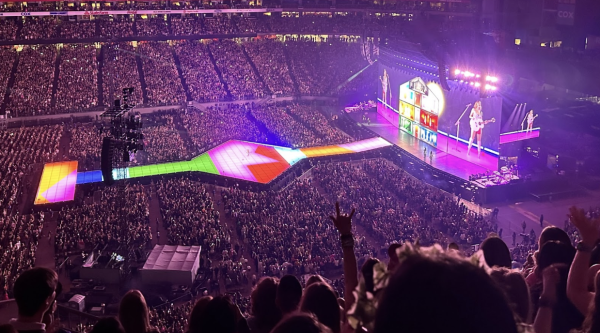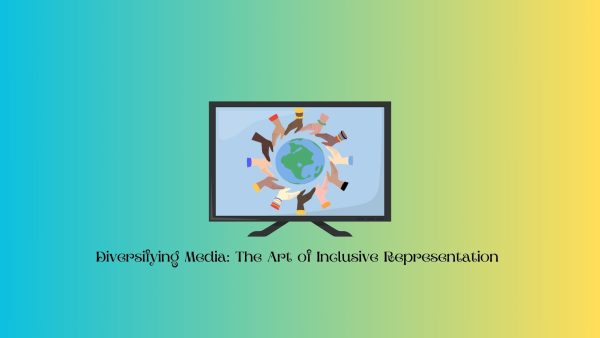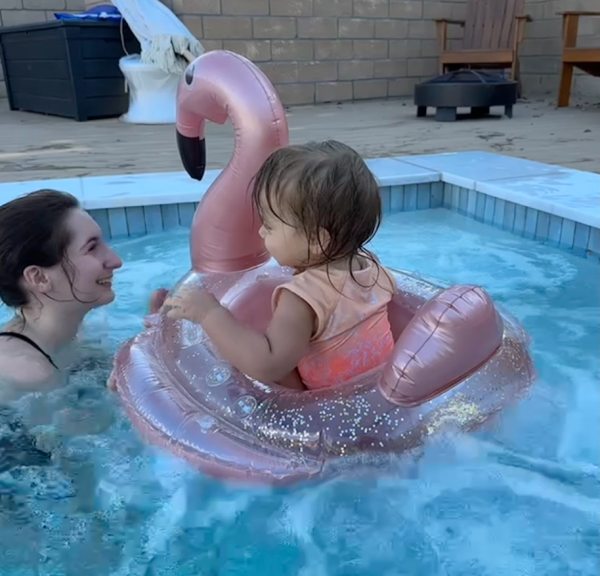Twitter-izing Politics
Politics are constantly changing, but Twitter in particular has become an integral part of modern-day politics.
January 7, 2020
Politics, at its core, involves standing for a platform of ideas which hope to change the world for the better while spreading messages about these ideas in order to gain influence and support so that these ideas may become more than a thought, a hope, a wish; they become action, change, reality. Today, politics is much more complicated, to say the least.
The platform of ideas which politicians stand for has become less clear as the campaign to spread messages has become a competition of money, media coverage, and press events. Political campaigns have not always been a rush for gaining the most sponsors, however. They were once focused on reaching the people in efforts to recognize and address societal issues; for example, President McKinley’s election campaign in 1896 was known for being a front porch campaign, which is a local and passive approach. Citizens only knew about candidates by reading about them in newspapers, and nominating conventions were no more a spectacle than the election itself.
However, politics were once confined to a limited sphere of the population, and its simplicity cannot necessarily be celebrated, but may embody the ignorance of a narrow-minded, outdated culture. The complexities of modern-day politics–for better or for worse–are undeniable in one aspect: its intricacies reflect the intricacies of a constantly changing world, society, and culture.
Nonetheless, politics have inarguably changed. Today, winning elections require, at the very minimum, millions of dollars: according to the Washington Post, Democratic candidate Hillary Clinton spent $1.4 billion on her 2016 presidential campaign. They also demand travelling to several states around the country, engaging in staged (but sometimes genuine) gestures of connecting with the people, and saturating the media with commercials, interviews, websites, and, more so recently, social media.
Social media is the logical platform of supporting campaigns in the twenty-first century. Billions of people are connected online and therefore make the ideal audience. But whereas pictures lack message on Instagram and lengthy posts lack interest on Facebook, 280-character Tweets on Twitter have gained the most political relevancy.
Every politician, it seems, has utilized Twitter as a means of promoting their platforms and arguing for what they believe and do not believe in. Most notably, President Trump is infamous for numerous controversial Tweets before and during his presidency. Among viral memes and videos, Twitter has become the home of celebrity apologies, official government announcements, breaking headlines, and political policies.
The implications of the role Twitter plays in modern politics is puzzling at best. Has Twitter become a requirement for political success? Will politicians continue to announce such critical information via Twitter? Are non-Twitter users considered “out-of-date”? How much relevancy do non-Twitter-using politicians lose? How long will politics continue to be confined to 280-character posts?
The world is changing, and, accordingly, so are politics. Past campaign methods and Twitter-dominated politics share a common theme, however: attempts to connect with the people. With a media form which can be joined by, shared by, and seen by millions of everyday people, it is easy to see why Twitter has become such a popular way for politicians to interact with their constituents. According to Shifa Mirza (12), “I get a lot of my news from Twitter. It lets me show my support for major issues while keeping up-to-date with new ones. It’s definitely interesting how immersed Twitter has become in popular culture, but I can also see why, because it’s easy, convenient, and accessible for me and millions of other people.”
Twitter has become the present, but it may not necessarily be the future as well. As the world changes, so will politics.


